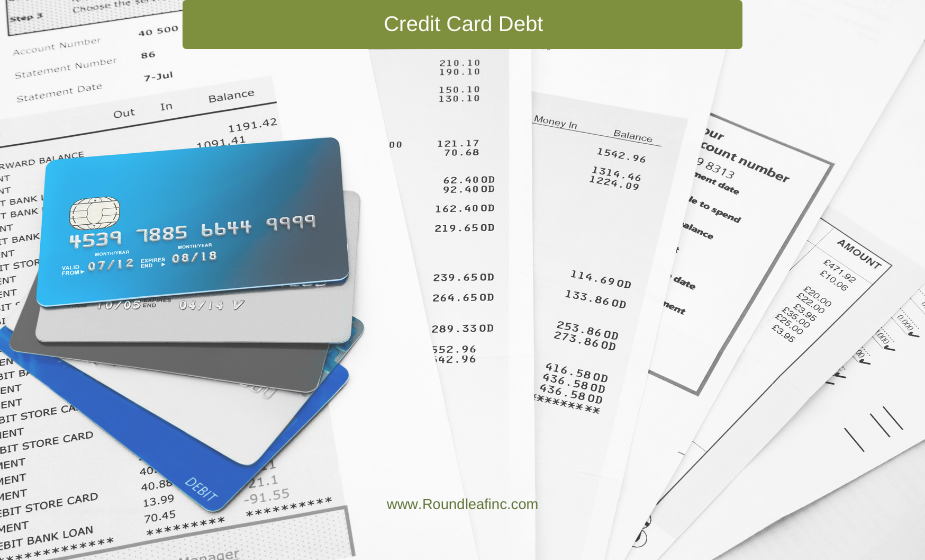The True Cost of Credit Card Debt

Many people pay off credit card debt only to fall back into it.
Kyra thought she’d never get into trouble with her credit cards again after she’d finally managed to control her spending habits. However, when her business fell apart, she found herself facing the same problems again.
Balance transfers seemed like the perfect way to ride out the storm. But the debt kept rising and her income could not keep up. The money juggling act finally crashed when the balance transfer offers stopped.
With nowhere else to turn, Kyra found herself paying hundreds of dollars each month just to finance her debts, which had reached $65,000.
Feeling Trapped with Credit Card Debt
Kyra did what millions of Americans do every year. She swallowed the bait that credit card companies have spent years and years perfecting and was hooked into an intolerable level of debt. That’s exactly what the credit card companies bank on.
Once you’ve fallen into their trap, you will find yourself paying an average of 3.8 times the price of all the items or services you purchased using your card. That sweater or washing machine you got such a good deal on is a lot less of a deal when the real cost winds up being almost four times as much as your original purchase.
But there’s more bad news. When it comes to interest rates, credit card companies can charge you whatever they want. You’re at their mercy. The moment you go over your limit—even if you didn’t realize that it’s been dropped—your rate will spike to whatever the maximum rate happens to be.
Your rate that used to be 10% is now 29% to 32%. Adding salt to the wound, you’ll get hit with penalty fees as well. How could you not know that your credit card company dropped your credit limit?
It happens all the time.
They send you a letter notifying you that there’s been a change made to your account. They don’t specify what. You’re busy. You forget.
And bam! You get nailed.
The Real Cost of Interest Rates
Even a 10% rate can cost you dearly. If you have a $10,000 credit card balance with a 10% APR interest rate, you’re paying out $1,000 in interest a year, which could have been used to build your savings instead. But at a 32% interest rate, you’re paying the credit card company more than three times the original amount without making the slightest progress toward paying off your debt.
With that kind of money going out, you start struggling to pay even the interest rate on your debt. As a result, your bill keeps getting higher and higher. This is exactly how credit card companies profit off of you.
Don’t Play Their Game
Credit card issuers offer you the ability to spend money you don’t have. This encourages spending more than is sustainable, until you become addicted to buying anything and everything you want.
Cards that offer rewards, cash back, miles or points encourage you to spend even more. Yes, you may have more points or miles to redeem, but you’re getting further and further into debt along the way.
Stop using your credit cards for everyday purchases. You’ll want to use your credit cards responsibly (translation: when you can quickly pay off your balance) every three months or so in order to maintain an excellent credit score. Otherwise, put them away and use your debit card instead.
How to Clear Your Credit Card Debt
There are many ways to clear you from your credit card debt. Here are a few tips on where to begin,
- Target one card at a time
- Consider asking for a lower interest rate
- Try to make more than just the minimum monthly payments
- Consider debt consolidation
- Speak to a financial expert about debt settlement
If you have an outstanding balance that you’re having trouble paying off, seek assistance. Contact Roundleaf Inc. to see if you qualify for our debt negotiation and debt settlement program!
